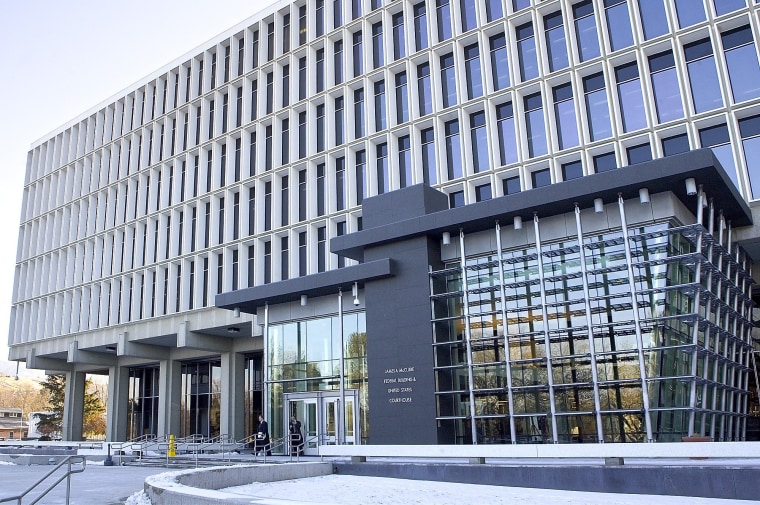State officials in Idaho “must begin accepting applications made by transgender people to change the sex listed on their birth certificates on or before April 6,” a federal court ruled this week, finding the state’s current policy unconstitutionally discriminates against trans people.
Applications to change gender markers on birth certificates, according to the ruling, “must be reviewed and considered through a constitutionally-sound approval process,” and “upon approval, any reissued birth certificate must not include record of amendment to the listed sex.” In the case of a name change, “any reissued birth certificate must not include record of the name change.”

Lambda Legal Senior Attorney Peter Renn, who worked on the case, said Idaho “previously had a policy of categorically refusing to correct the gender markers of transgender people and the court unequivocally said that is unconstitutional.”
Lambda Legal, an LGBTQ legal organization, filed the lawsuit last year on behalf of two transgender women, F.V. (identified only by her initials) and Dani Martin, each of whom experienced discrimination in the process of attempting to change their identity documents, according to the lawsuit. Upon showing her birth certificate at a social security office, F.V. said she was met with epithets including “tranny” and “faggot.” At an Idaho DMV, Martin said she had to insist upon being treated as a woman, because her birth certificate did not reflect her gender identity.
Idaho, along with Ohio, Tennessee, Kansas and Puerto Rico, currently do not allow transgender individuals to change the gender markers on their birth certificates. The remaining 46 states, along with the District of Columbia, permit changes to birth certificate gender markers, and countries such as Argentina and Denmark have passed national legislation allowing transgender adults to change their identity documents based solely on self-identification.
This week’s ruling, Renn said, “moves Idaho into line with the rest of America and jettisons an archaic and unjust policy.”
“The government has conceded that they have no basis for withholding from transgender people that basic tool that they need to go through life,” he added.
The U.S. District Court for the District of Idaho gave the Idaho Department of Health and Welfare (IDHW) 30 days to come up with a policy in compliance with the court’s ruling. Renn said he expects the government to fully comply with the court’s ruling.
The state’s existing policy, Renn stressed, is “harmful because it outs transgender people.”
According to the 2015 U.S. Transgender Survey, an estimated 10 percent of respondents had their name and gender accurately depicted on all their identity documents, and more than two thirds (68 percent) said that none of their identity documents accurately reflected their gender identity. Almost one third (32 percent) of those surveyed who presented a form of identification that did not match their gender identity had been verbally or physically assaulted, denied benefits or services or asked to leave.
“This case is as much about safety and privacy as it is about equality and nondiscrimination,” Renn said, adding that Idaho’s current policy “jeopardizes the safety of transgender people.”
There is also a personal dimension to the victory, Renn added. “A birth certificate is more than a piece of paper. It is government recognition of who you are, and it is significant that Idaho is recognizing the gender identity of trans people,” he said. “That means a lot on a personal level.”
F.V., one of the plaintiffs in the case, said she is “excited to be among the first to update their birth certificates” in Idaho.
“I am thrilled and proud that my own state will be updating their policies, even though it required a court order to do so,” she said.
